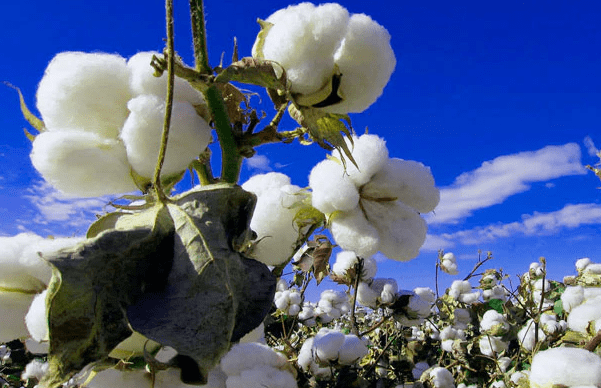An outcome on cotton remains for many WTO Members an important element of an outcome package on agriculture for the next Ministerial Summit (CM12).
The reason? Cotton plays a vital role in the socio-economic development and livelihoods of many people, particularly in the Least Developed Countries (LDCs).
The revised text is the result of a series of consultations between the “Cotton Four” (Benin, Burkina Faso, Chad and Mali) and other interested Members, including in the Cotton Quad Plus format, as well as on the occasion of the 16th debate on New Relevant Trade-Related Facts in the Cotton Sector, which was held on 4 November 2021.
Gloria Abraham Peralta, Chairperson of the WTO Committee on Agriculture, in all these consultations, was encouraged by the degree of commitment and willingness to explore possible compromise solutions with a view to reaching an outcome on cotton at CM12.
The trade component consists of two main elements: transparency and trade-distorting domestic cotton support.
Cotton
On the issue of transparency, the discussions confirmed how important it is for Members to explore ways to strengthen it through an evidence-based process, building on existing specific mechanisms for cotton.
The main question for Members remains how to deal with the issue of trade-distorting domestic cotton support.
On the one hand, the Cotton Four – with the support of several Members and groups of Members – invited other Members to continue discussions on the proposal contained in their communication TN/AG/GEN/51-TN/AG/SCC/GEN/23.
On the other hand, some Members considered that it was not possible to reach an agreement on the modalities for the reduction of this aid between now and CM12, in view of the short time remaining, the great divergences that remained in positions and the level of Overall ambition for a WP12 agriculture outcome package.
Thus, the objective of the draft text is to find a possible way forward that reflects Members’ commitment to continue negotiations with a view to agreeing modalities for reducing trade-distorting domestic support for cotton, in accordance with the mandate to address cotton ambitiously, rapidly and specifically, while taking into account the general context of the agriculture negotiations.
Finally, as has been emphasized on several occasions, a result on cotton has to be considered in its entirety, that is, with its trade and development components.
![]()

